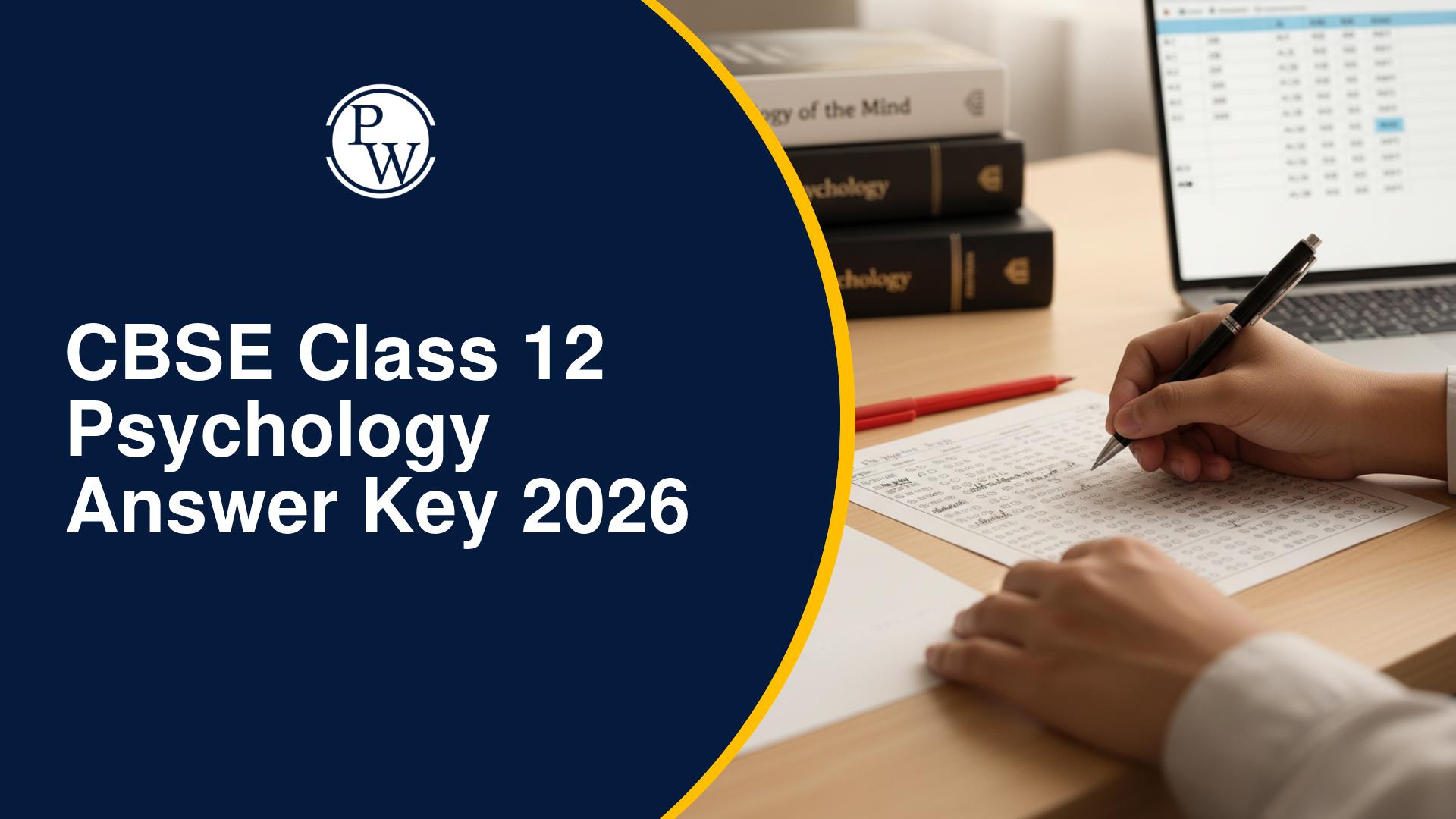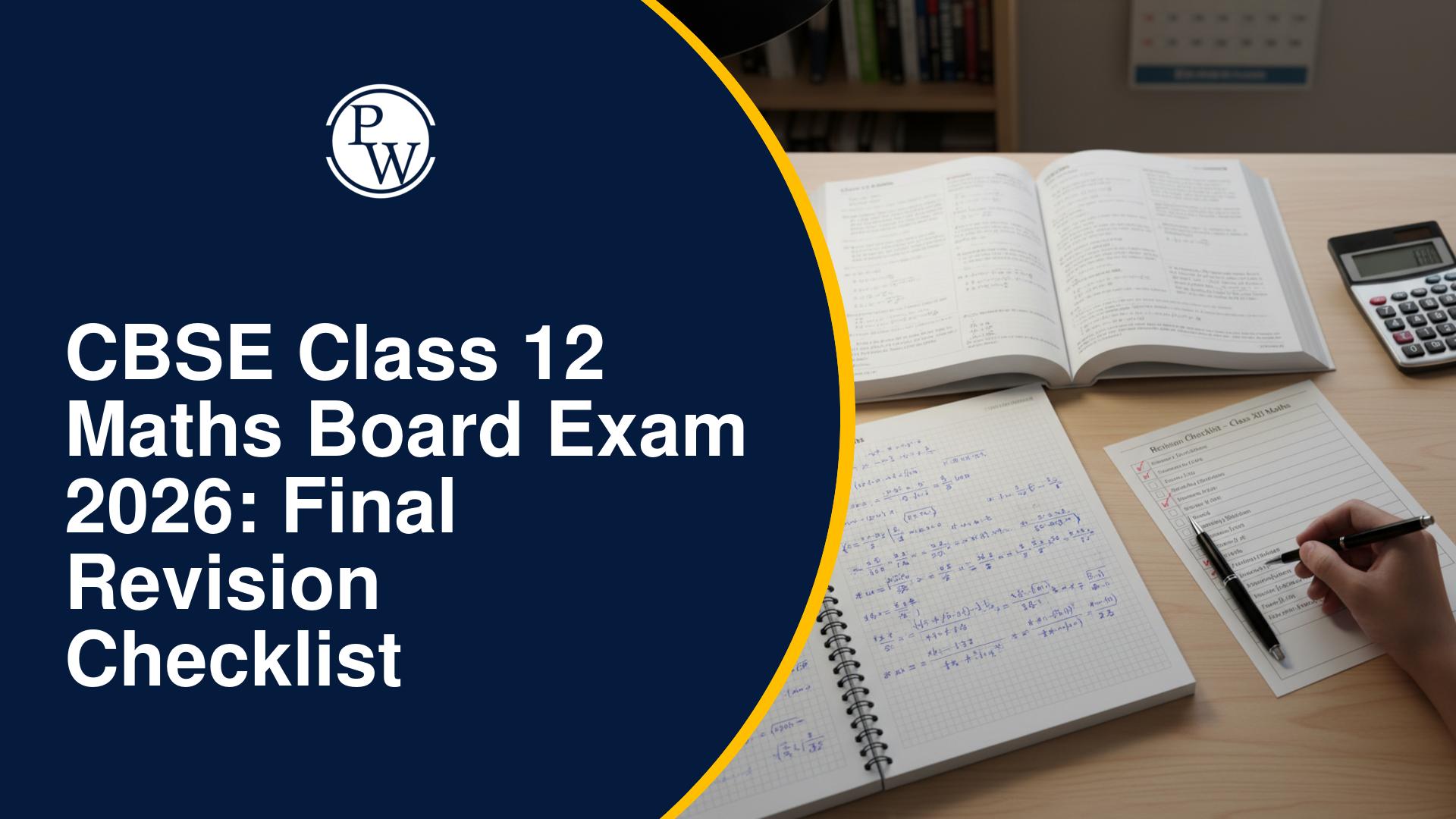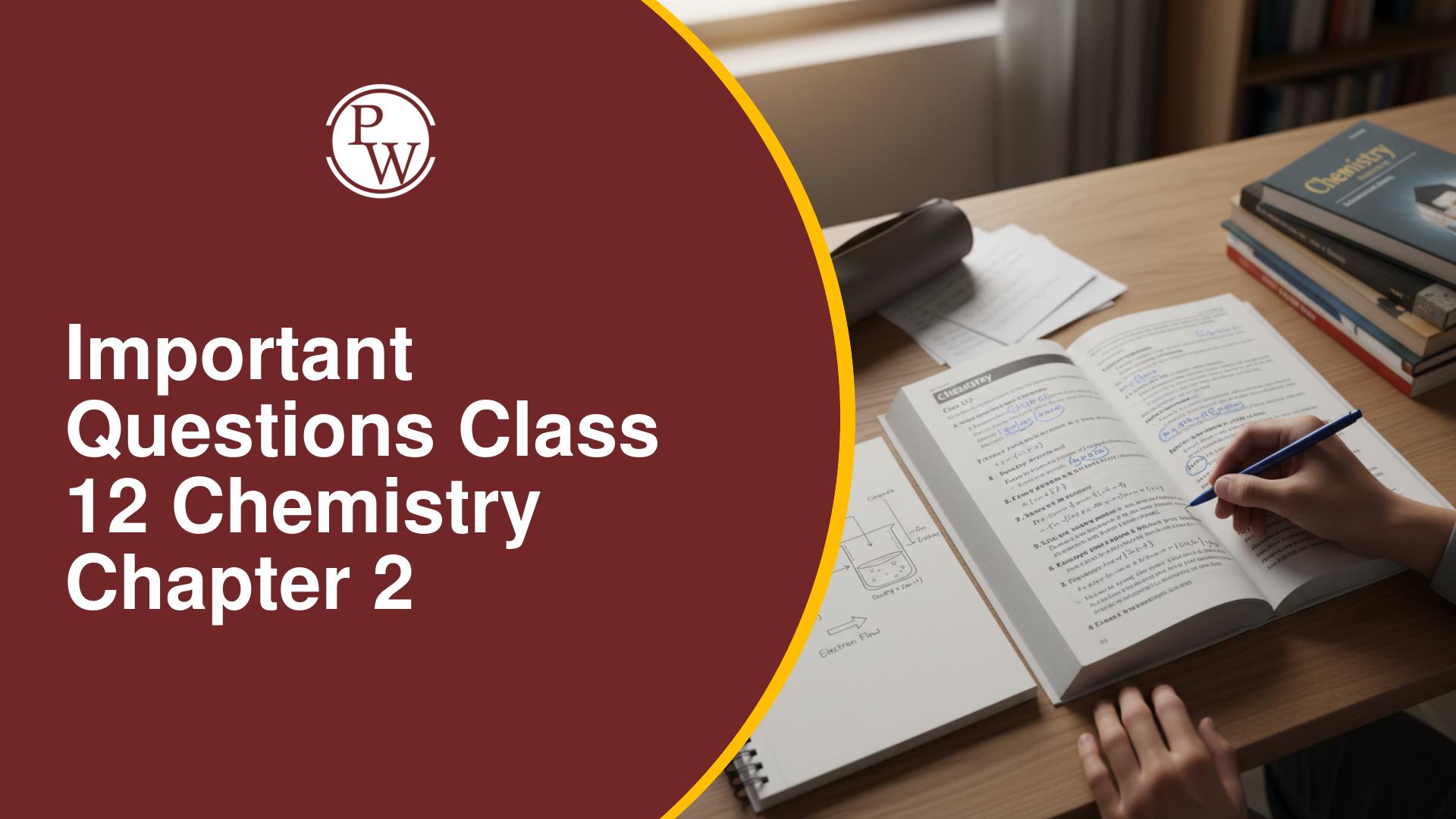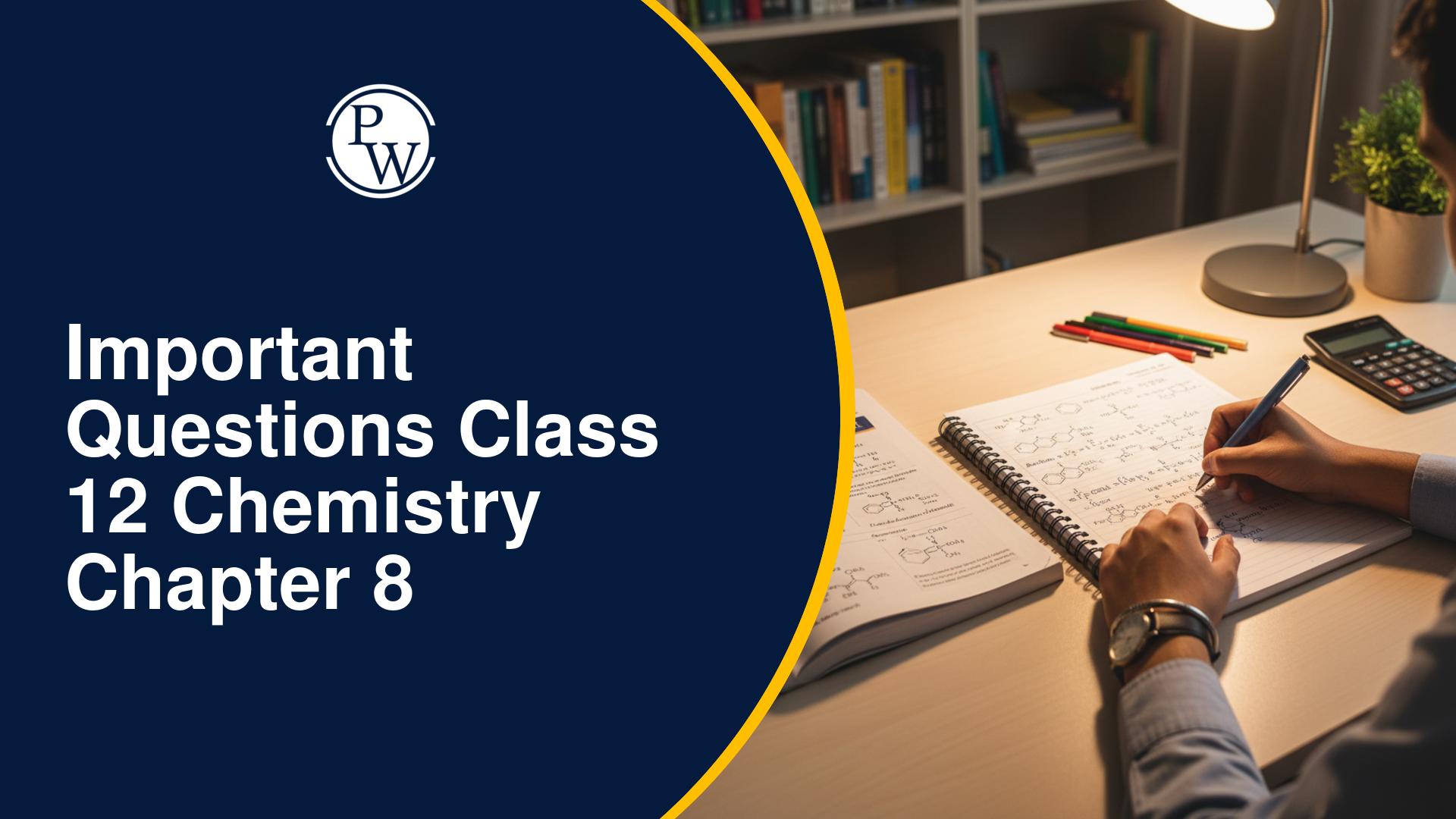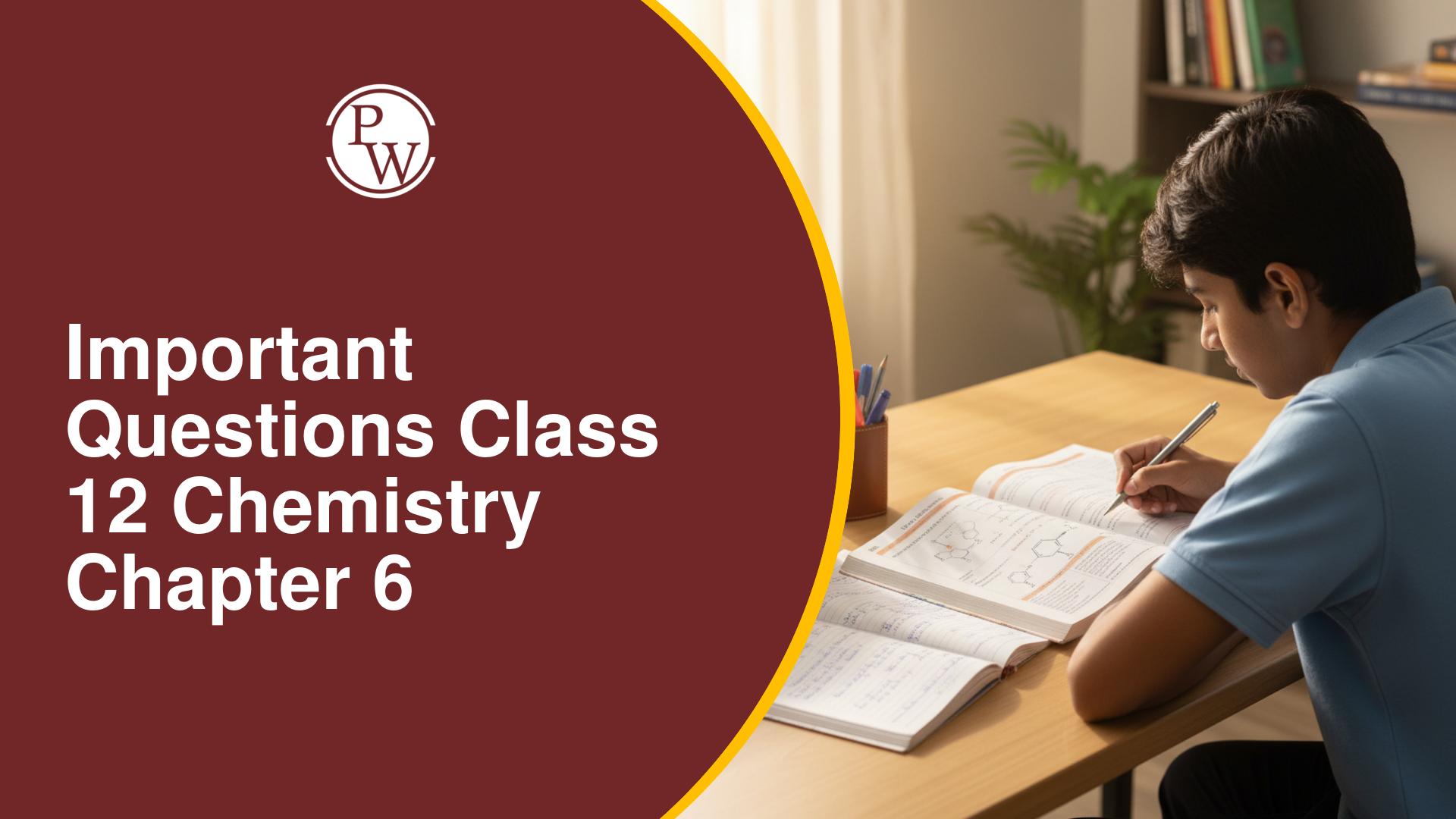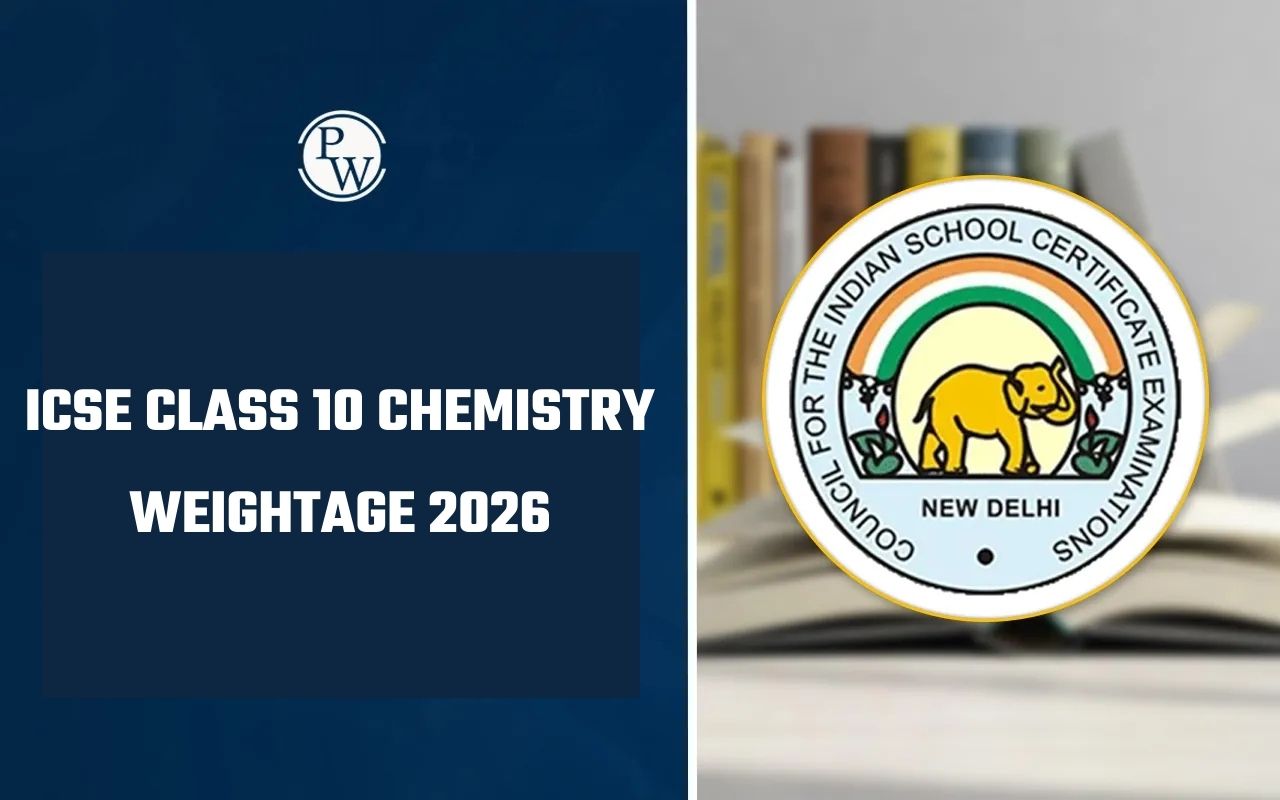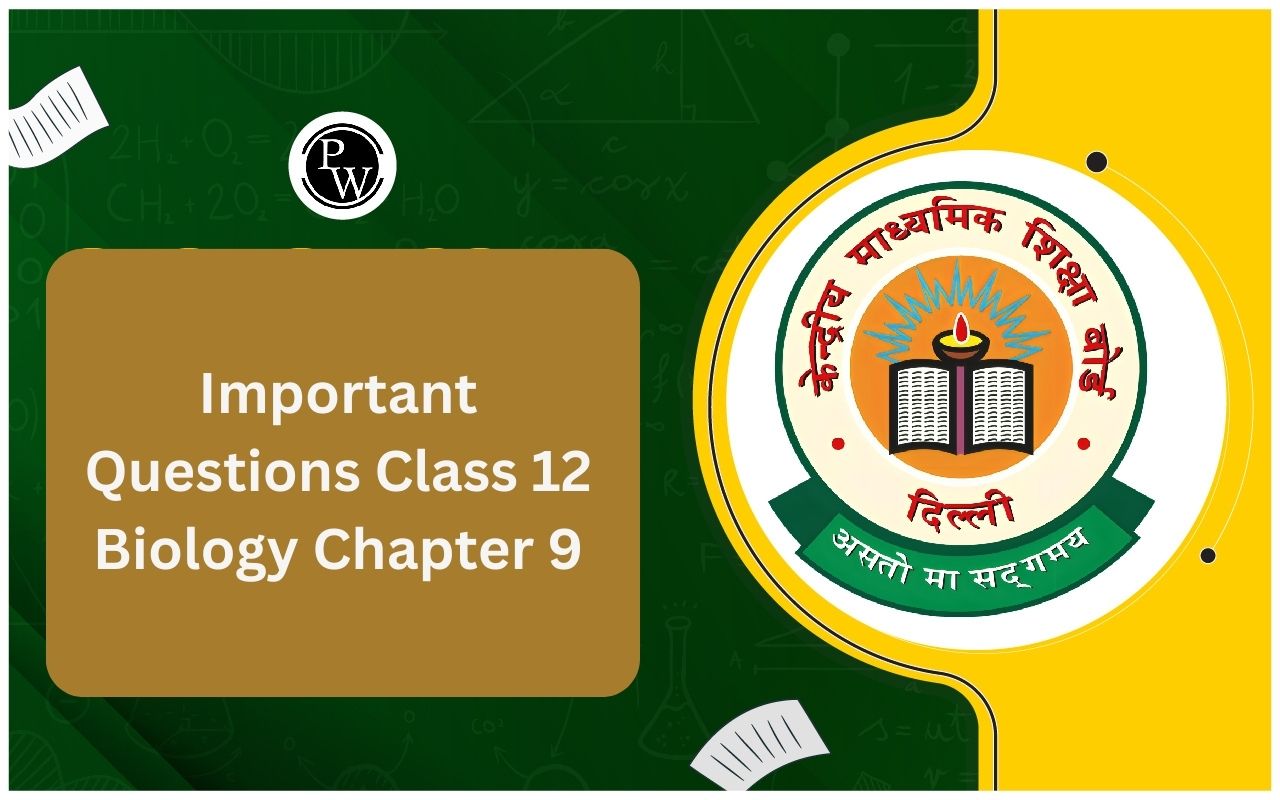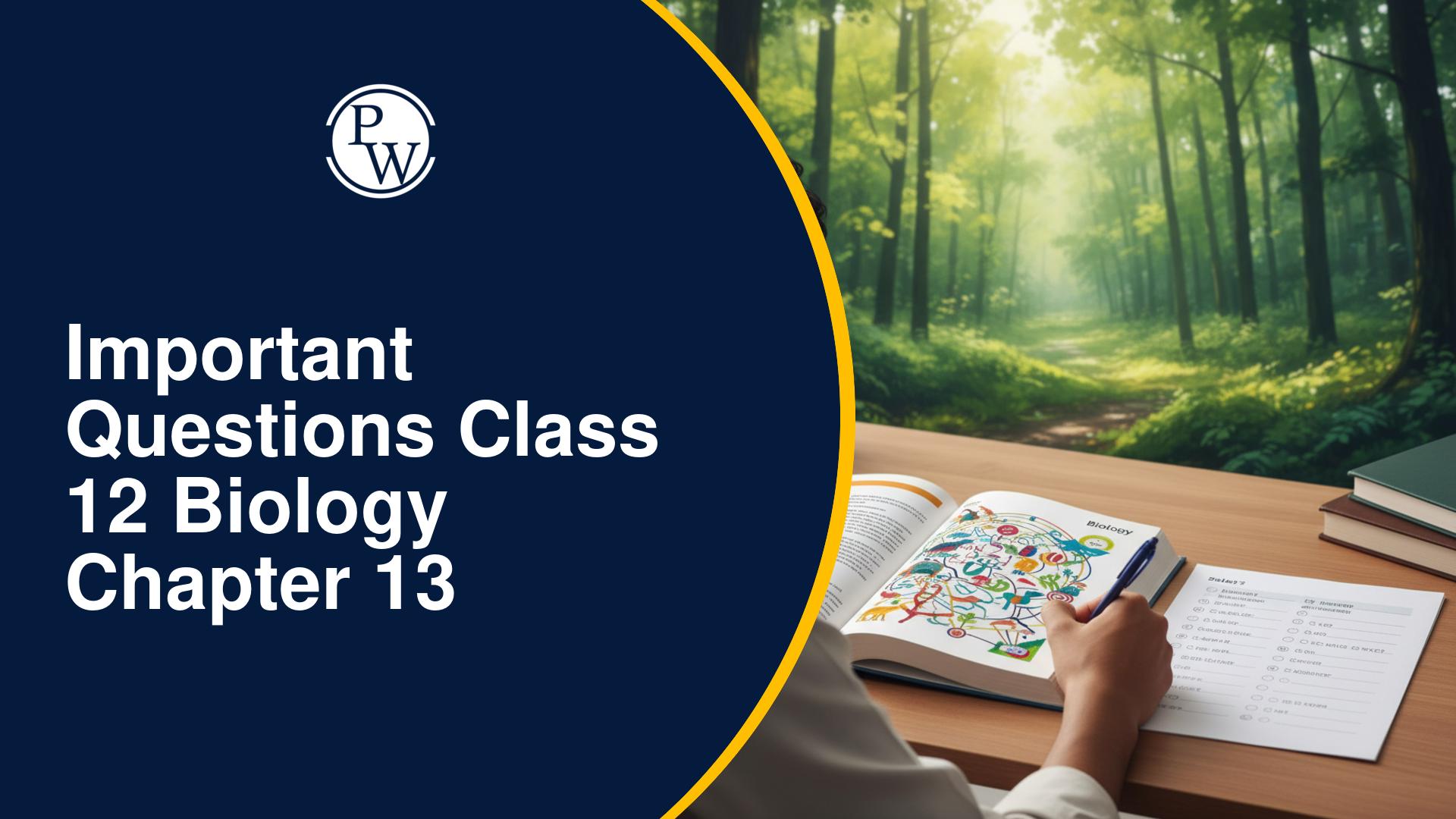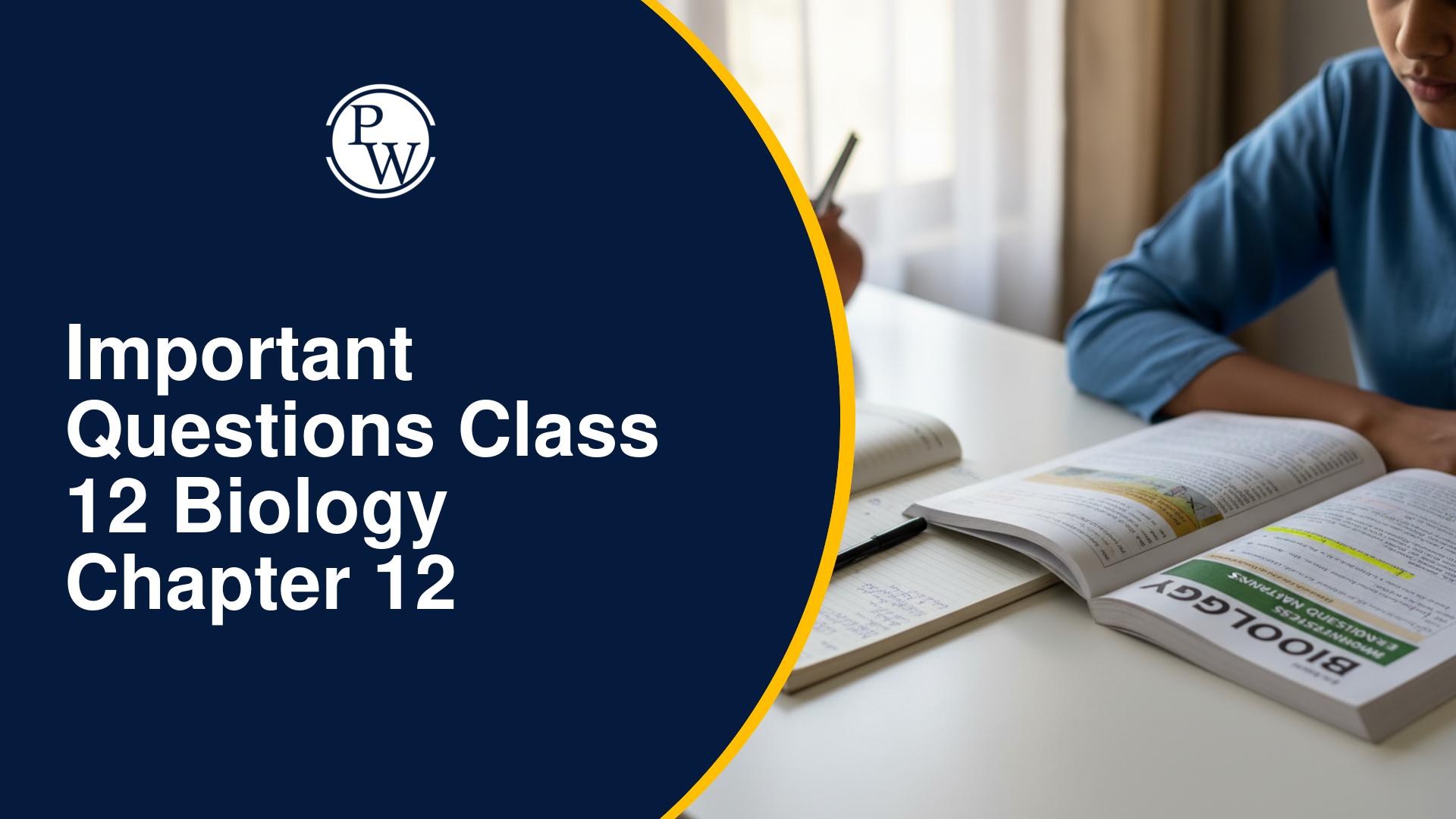
Simple Future Tense: Are you looking to master the future tense in English? Whether you’re just beginning to learn the language or simply want a refresher course, learning the basics of how to form and use the simple future tense can help take your understanding of grammar and writing to new heights.
You'll find yourself better able to express anticipations, upcoming events, intentions, abilities – even predictions – with confidence. In this blog post we will dive into exactly what makes up this sharply spiked but often elusive verb conjugation so that you can put it into practice immediately!What is Simple Future Tense?
The Simple Future Tense is a grammatical tense used to express actions that will happen or be completed at some point in the future. It is employed to discuss events, actions, or situations that are anticipated or planned to occur after the present moment. The Simple Future Tense is formed using the auxiliary verbs "will" or "shall" followed by the base form of the main verb.Simple Future Tense Structure
Here's a table outlining the structure of the Simple Future Tense:| Simple Future Tense Structure | |||
|---|---|---|---|
| Form | Affirmative | Negative | Interrogative |
| Structure | Subject + will/shall + base verb | Subject + will not (won't)/shall not + base verb | Will/Shall + subject + base verb? |
| Example | I will eat lunch. | They will not (won't) come. | Will you join us for dinner? |
| Explanation | Expresses a future action or state. | Indicates a negative future action or state. | Asks about a future action or state. |
- "Shall" is less commonly used in modern English and is often reserved for formal or literary contexts.
- In negative forms, "will not" can be contracted to "won't," and "shall not" can be contracted to "shan't."
Simple Future Tense Formula
The formula for the simple future tense is as follows: Subject+Will/Won’t+Base Form of the VerbSubject+Will/Won’t+Base Form of the Verb-
For affirmative sentences: Subject + will + base form of the verb
- Example: She will visit her friend tomorrow.
-
For negative sentences: Subject + will not (won't) + base form of the verb
- Example: They won't attend the meeting.
- For interrogative sentences: Will + Subject + base form of the verb
Simple Future Tense Rules
When utilizing the simple future tense, it's essential to consider a few key points. The structure of the simple future tense involves two components: an auxiliary verb (will) and the base form of the main verb. In interrogative sentences, the construction begins with the auxiliary verb 'will,' followed by the subject and the base form of the main verb. Conversely, negative sentences include the term 'not' after the auxiliary verb 'will.' It's crucial to note that the presence of the auxiliary verb 'will' distinctly signals to the reader or listener that the tense is indicative of a future event or action.Applications of the Simple Future Tense
The simple future tense is used to express actions or events that will occur in the future. Here are some common applications of the simple future tense: 1) Future Actions: The primary use of the simple future tense is to talk about actions that will happen in the future.- Example: I will finish my project by tomorrow.
- Example: The weather forecast says it will rain tomorrow.
- Example: I will help you with your homework.
- Example: Will you come to the party with us?
- Example: The train will depart at 8:00 AM.
- Example: She will probably arrive late.
- Example: If it rains, I will stay at home.
Simple Future Tense Examples
Here's a table with examples illustrating the use of the simple future tense:| Simple Future Tense Examples | |
| Sentence Type | Example |
| Future Action | I will travel to Paris next summer. |
| Prediction or Speculation | They believe it will snow heavily tonight. |
| Offer or Invitation | Will you join us for dinner tomorrow? |
| Expression of Probability | He will likely succeed in his new role. |
| Conditional Statement | If it rains, we will stay indoors. |
Simple Future Tense Exercise
Here's a simple exercise to practice using the simple future tense. Complete each sentence by filling in the blanks with the correct form of the verb in parentheses.\- Tomorrow, she ______________ (attend) a job interview.
- By this time next year, we ______________ (complete) our degree.
- They ______________ (travel) to Europe next summer.
- The company ______________ (launch) a new product next month.
- I ______________ (call) you as soon as I arrive.
- The concert ______________ (start) at 7 PM.
- He ______________ (move) to a new apartment next week.
- We ______________ (visit) our grandparents during the holidays.
- By the time you return, I ______________ (finish) reading the book.
- will attend
- will have completed
- will travel
- will launch
- will call
- will start
- will move
- will visit
- will have finished
| Related Links | |
| Present Tense | Future Tense |
| Past Tense | Simple Present Tense |
Simple Future Tense FAQs
What is the simple future tense?
The simple future tense is a grammatical structure used to describe actions or events that will happen in the future. It's formed using the auxiliary verb "will" (or "shall" in some contexts) combined with the base form of the main verb.
How do you form the simple future tense?
The basic structure involves: Subject + will + base form of the verb (+ rest of the sentence). For example: "She will travel tomorrow."
When do we use the simple future tense?
The simple future tense is used to talk about future actions, predictions, intentions, promises, spontaneous decisions, and scheduled events.
Can "shall" be used instead of "will" in the simple future tense?
Traditionally, "shall" is used with first-person subjects (I and we) to express simple future tense, but it's less common in modern English, particularly in American English.
How do you form negative sentences in the simple future tense?
To form a negative sentence, use "will not" or the contraction "won't" between the subject and the base form of the verb. For example: "They won't arrive on time."
Talk to a counsellorHave doubts? Our support team will be happy to assist you!

Check out these Related Articles
Free Learning Resources
PW Books
Notes (Class 10-12)
PW Study Materials
Notes (Class 6-9)
Ncert Solutions
Govt Exams
Class 6th to 12th Online Courses
Govt Job Exams Courses
UPSC Coaching
Defence Exam Coaching
Gate Exam Coaching
Other Exams
Know about Physics Wallah
Physics Wallah is an Indian edtech platform that provides accessible & comprehensive learning experiences to students from Class 6th to postgraduate level. We also provide extensive NCERT solutions, sample paper, NEET, JEE Mains, BITSAT previous year papers & more such resources to students. Physics Wallah also caters to over 3.5 million registered students and over 78 lakh+ Youtube subscribers with 4.8 rating on its app.
We Stand Out because
We provide students with intensive courses with India’s qualified & experienced faculties & mentors. PW strives to make the learning experience comprehensive and accessible for students of all sections of society. We believe in empowering every single student who couldn't dream of a good career in engineering and medical field earlier.
Our Key Focus Areas
Physics Wallah's main focus is to make the learning experience as economical as possible for all students. With our affordable courses like Lakshya, Udaan and Arjuna and many others, we have been able to provide a platform for lakhs of aspirants. From providing Chemistry, Maths, Physics formula to giving e-books of eminent authors like RD Sharma, RS Aggarwal and Lakhmir Singh, PW focuses on every single student's need for preparation.
What Makes Us Different
Physics Wallah strives to develop a comprehensive pedagogical structure for students, where they get a state-of-the-art learning experience with study material and resources. Apart from catering students preparing for JEE Mains and NEET, PW also provides study material for each state board like Uttar Pradesh, Bihar, and others
Copyright © 2026 Physicswallah Limited All rights reserved.
